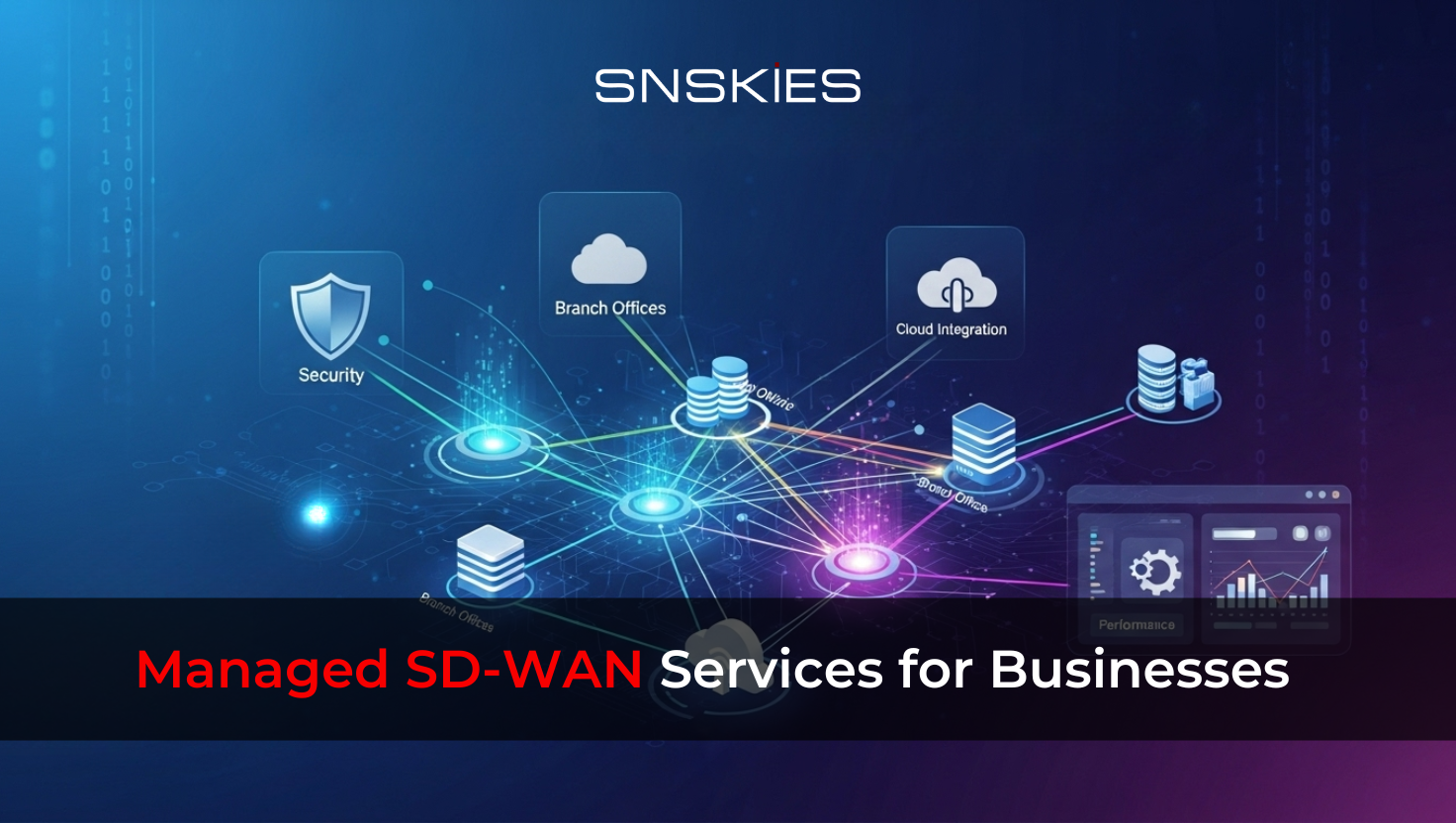- Articles
Security Operations Management: Safeguarding Organizations in the UAE Against Cyber Threats
- Articles
Security Operations Management: Safeguarding Organizations in the UAE Against Cyber Threats
- Articles
- January 16, 2025
In today’s digital age, security operations management has become a cornerstone of organizational resilience, especially in a technologically advanced region like the UAE. With the rapid adoption of digital transformation, businesses in the UAE are increasingly vulnerable to cyber threats. Security operations (often referred to as SecOps) play a critical role in defending against these threats, ensuring the safety of sensitive data, and maintaining business continuity.
The Importance of Security Operations Management
Cyber threats are evolving at an unprecedented pace, with threat actors employing sophisticated tactics to exploit vulnerabilities in networks. In the UAE, where businesses rely heavily on digital infrastructure, the consequences of security breaches can be devastating. Economic losses, reputational damage, and regulatory penalties are just a few of the risks organizations face when security operations are not prioritized.
Security operations management ensures that organizations have a structured approach to identifying, mitigating, and responding to cyber threats. By implementing robust security measures, businesses can protect their assets, maintain customer trust, and comply with regulatory requirements.
Effective Security Operations Management Practices
To build a strong defense against cyber threats, organizations must adopt best practices in security operations management. Here are seven key strategies:
Define Clear Goals and Metrics Establishing clear objectives is the foundation of effective security operations. Organizations should define measurable goals, such as reducing incident response times or improving threat detection rates, to evaluate the success of their security initiatives.
Build a Skilled and Diverse Team A well-rounded security operations team is essential for tackling complex cyber threats. Organizations should invest in training and hiring professionals with diverse skill sets, including threat analysis, incident response, and compliance expertise.
Adopt a Proactive and Agile Approach Cyber threats are constantly evolving, and organizations must stay ahead of the curve. A proactive approach involves continuous monitoring, threat hunting, and regular vulnerability assessments. Agility ensures that teams can quickly adapt to new threats and changing business needs.
Implement a Robust Governance Framework A strong governance framework provides structure and accountability for security operations. This includes defining roles and responsibilities, establishing policies and procedures, and ensuring alignment with organizational objectives.
Ensure Compliance and Resilience Compliance with industry regulations and standards is critical for organizations in the UAE. Security operations management should focus on achieving compliance while building resilience to withstand and recover from cyber incidents.
Evaluate and Enhance Performance Regularly assessing the effectiveness of security operations is crucial for continuous improvement. Organizations should conduct audits, gather feedback, and use data-driven insights to refine their strategies.
Centralized Management of Security Operations Centralized management streamlines security operations by providing a unified platform to track and remediate security incidents. This approach ensures that all events are prioritized and linked to impacted assets, enabling faster and more efficient responses.
Key Components of Security Operations Management
Incident and Change Management
Effective security operations require a structured approach to incident and change management. Security events should be treated as incidents, with teams following established processes to investigate, remediate, and document each case. This ensures accountability and minimizes the risk of recurring issues.
Integration of Security Tools
Integrating various security tools enhances the capabilities of security operations management. Key integrations include:
Threat Intelligence Platforms: Enrich incident data with real-time threat intelligence.
Vulnerability Management Tools: Identify and remediate vulnerabilities across the network.
Endpoint Protection Solutions: Monitor and secure endpoints against malicious activities.
Firewall and Network Security Tools: Protect the network perimeter from unauthorized access.
These integrations enable organizations to automate processes, improve visibility, and respond to threats more effectively.
The Future of Security Operations in the UAE
As the UAE continues to embrace digital innovation, the role of security operations management will only grow in importance. Organizations must prioritize cybersecurity by adopting advanced technologies, fostering collaboration between teams, and staying informed about emerging threats.
By implementing the practices outlined above, businesses in the UAE can build a robust security operations framework that safeguards their digital assets and ensures long-term success in an increasingly interconnected world.
Conclusion
In the face of escalating cyber threats, security operations management is no longer optional—it is a necessity. For organizations in the UAE, investing in security operations (SecOps) is essential to protect against data breaches, ensure compliance, and maintain operational resilience. By defining clear goals, building skilled teams, and leveraging advanced tools, businesses can stay ahead of cybercriminals and secure their future in the digital landscape.
With the right strategies and a proactive mindset, security operations management can transform cybersecurity from a challenge into a competitive advantage for organizations across the UAE.
FAQs About Security Operations Management
Security operations management refers to the processes and practices involved in monitoring, detecting, and responding to cybersecurity threats. It encompasses strategies to safeguard an organization’s digital assets and ensure compliance with regulations.
The UAE is a hub of digital innovation and transformation, making it a target for cyber threats. Security operations management helps businesses protect sensitive data, maintain operational continuity, and comply with local regulations.
SecOps, short for security operations, focuses on integrating security practices with IT operations. Its primary goal is to enhance collaboration, improve threat detection, and streamline incident response.
Organizations can enhance their security operations by adopting proactive monitoring, investing in advanced tools, training skilled professionals, and regularly evaluating their cybersecurity strategies.
Essential tools for security operations management include threat intelligence platforms, vulnerability management tools, endpoint protection solutions, and firewalls. These tools enhance visibility, automation, and response capabilities.
Recent Post
- All Posts
- Articles
- Blog
- News


